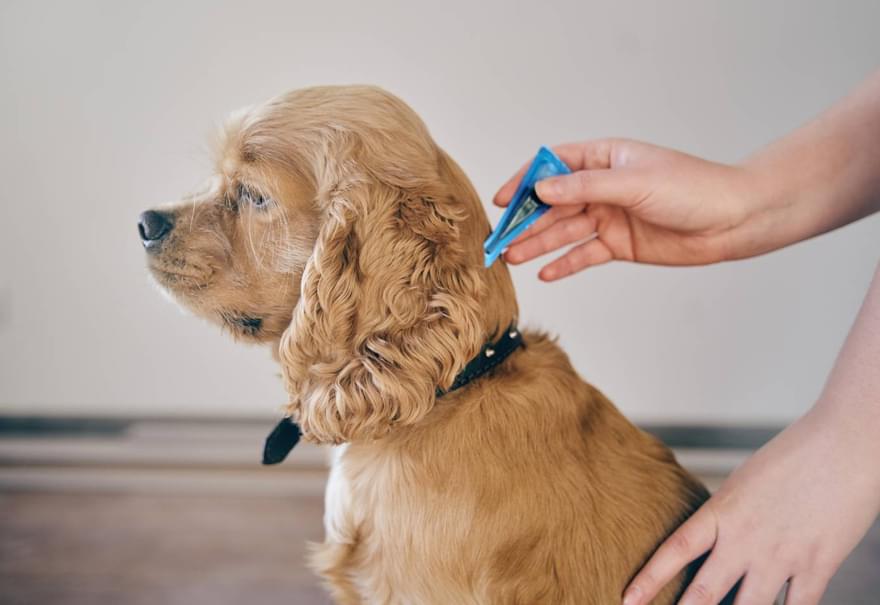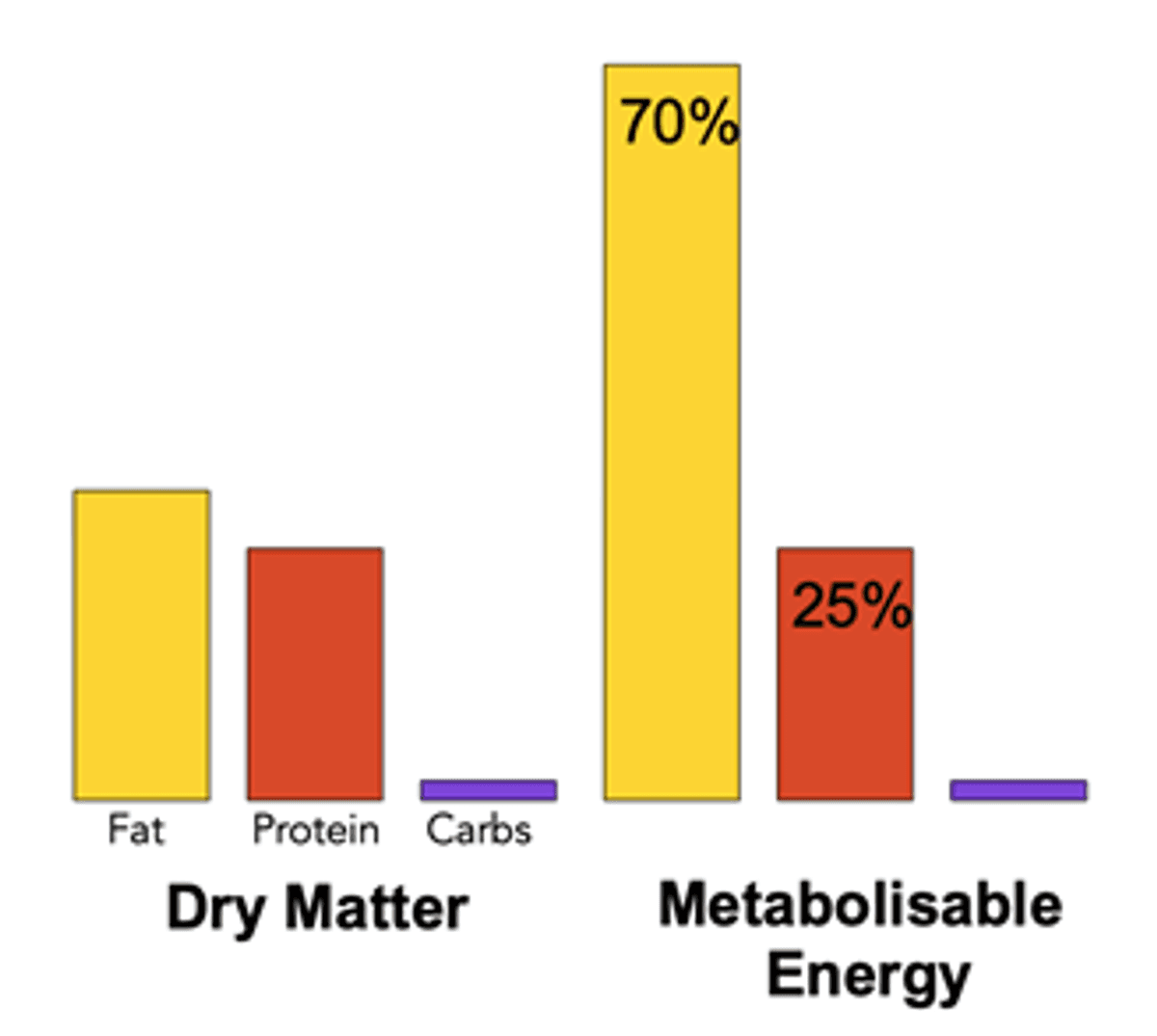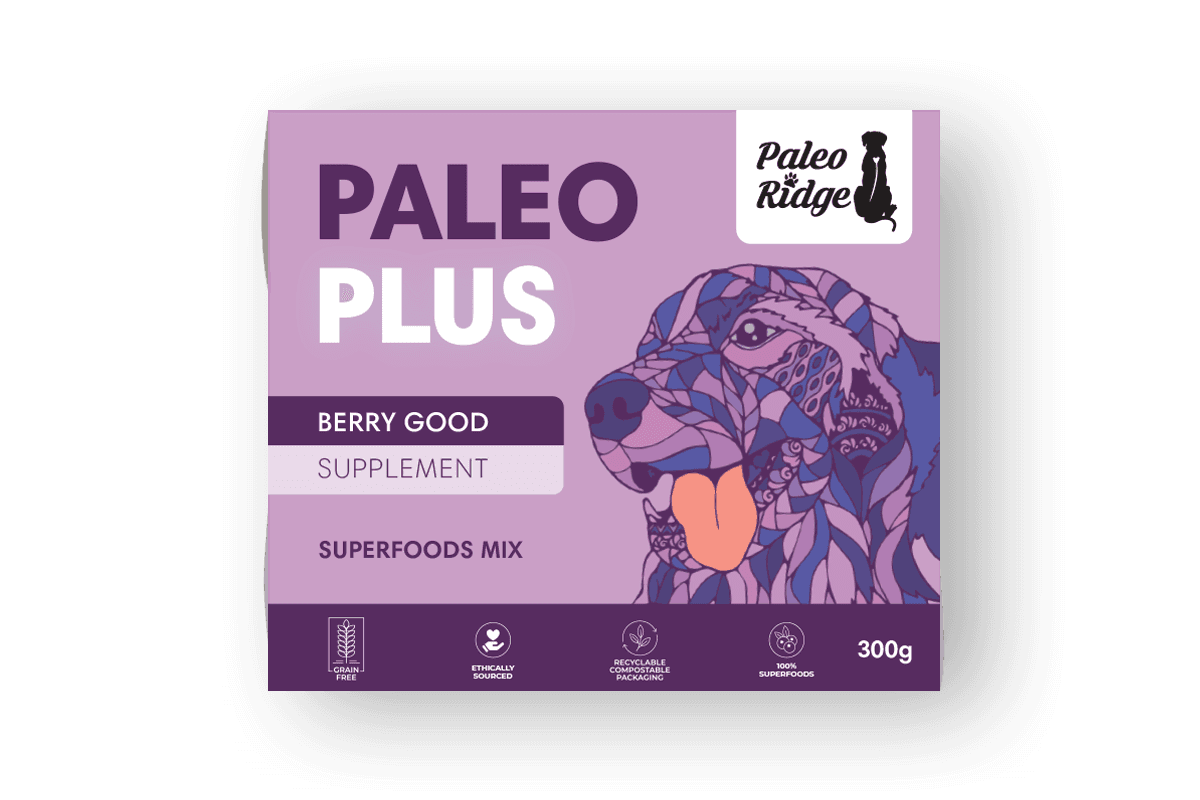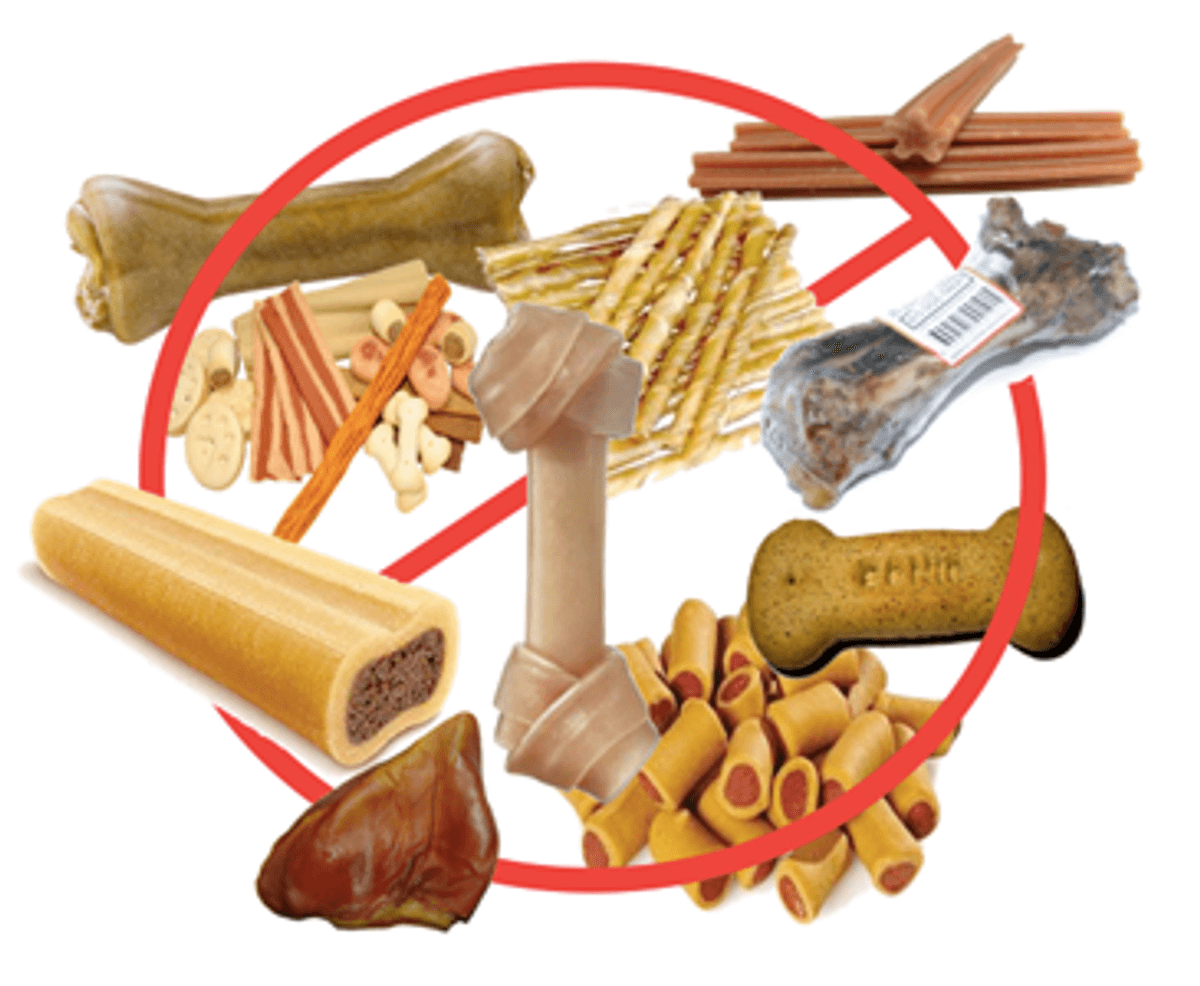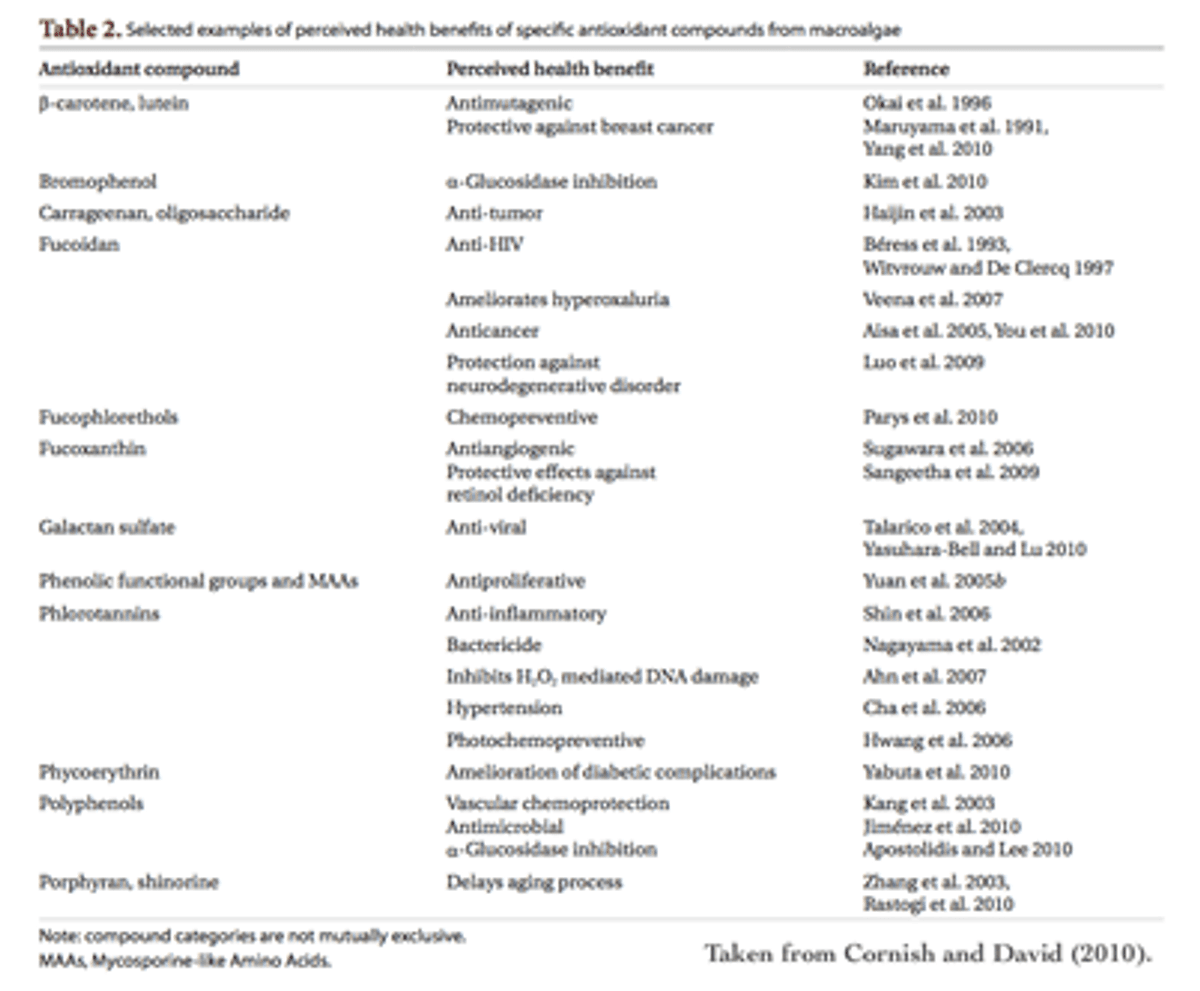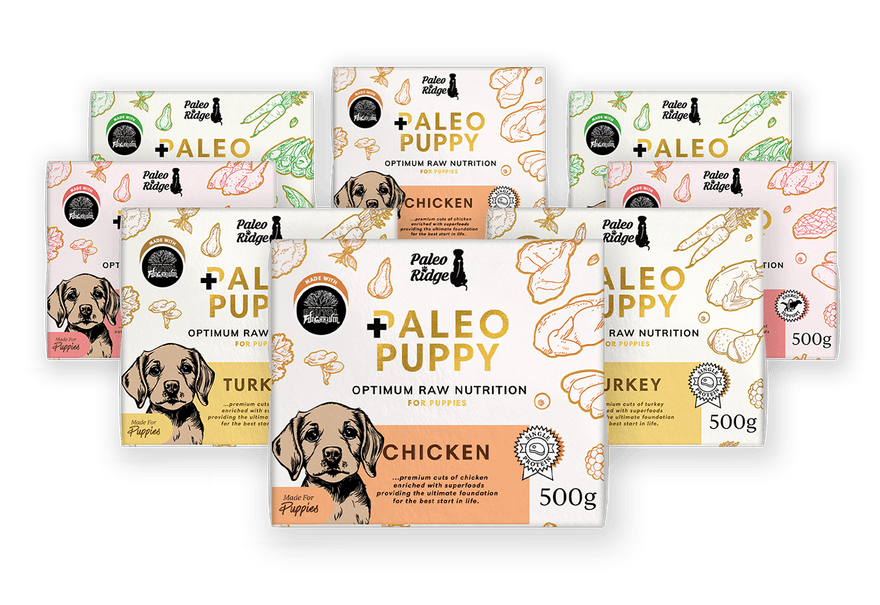Diet plays a very
significant role in the development of cancer, with poor quality fats (kibble),
ultra-processed meat (kibble) and too much salt (kibble) among the chief
protagonists but no one food group affects us more than and too much refined
carbohydrates (kibble, kibble kibble).
To get a better
understanding as to why (and why they need to be avoided in the dog with
cancer), I've given you below an excerpt from my book Feeding Dog (*Please note: for the scientists among you, I have removed all but the
last references I used in order to make the passage easier to read):
“Tumours are total
carb / sugar junkies. In fairness, all cells need sugar to operate but cancer
cells use glucose at 10-20 times the rate of normal cells. Their high
sugar-uptake is actually the main way we look for them, using a method called a
PET-CT (Positron Emission Tomography and Computed Tomography) scan. PET scans
use radioactively labelled glucose to detect sugar-hungry tumour cells. When
patients drink the sugar water, the mix gets preferentially taken up by the
cancer cells and they light up. This helps physicians see where it is, to
evaluate the extent of the disease, to deduce which treatments to use and to
check if those treatments are working. In fact, all the way back in 1931 Otto
Warburg won the Nobel Prize for his discovery that cancer cells have a
different energy metabolism to healthy cells, notably a greater rate of
glycolysis (the process of converting glucose to energy) compared with normal
cells.
In this way, a high
sugar diet and cancer are the best of friends, but the relationship goes much
deeper than that. Macrophage-mediated programmed cell removal (PrCR), or phagocytosis
for short, plays an essential role in tumour surveillance and elimination.
These are the seek, engulf and destroy cells of the immune system. We’ve known
since 1971 that just 100g of sugar via sucrose, honey or orange juice
significantly reduces phagocytosis in humans and the effect can last up to five
hours. If you’re a cancer cell thinking of getting up to mischief, this is most
welcome.
It gets worse. As
more and more sugar is consumed, cell-resistance to insulin builds, meaning
more and more insulin is released into the blood. Insulin is a powerful
stimulant of cell growth as it drives fuel into the cell. Cancer cells have
10-20 times the insulin receptors of normal cells which enables them to gorge
on glucose. In this way, excess sugar leading to obesity and high blood insulin
is an important factor in cancer.
These insulin
receptors are everywhere in your body. Hence too much sugar, coupled with
excess insulin, is now firmly linked to the development of cancer of the
breast, ovaries, pancreas, biliary tract, lung, gallbladder, stomach and
colorectal cancer of humans.
Tavani et al.
(2006) studied 2,569 women with breast cancer and 2,588 females without. They
found a direct association between breast cancer risk and sugar consumption, a
result of an increase in insulin and insulin growth factors. Unsurprisingly,
the advice for humans with mammary tumours is to reduce the carbohydrate /
sugar content of your diet.
It happens that
mammary tumours are the most frequently diagnosed neoplasm in intact female
dogs. What’s more, dogs are known to suffer mammary cancer at least 2 to 3
times the rate of humans. The incidence of breast cancer in human females is
currently around 12% worldwide. On their website in 2017, the American College
of Veterinary Surgeons states the that the risk of a female dog developing a
mammary tumour is “0.5% if bitches are spayed before their first heat
(approximately 6 months of age), 8% after their first heat, and 26% after their
second heat”. That’s 1 in 4 intact adult female dogs (the ACVS go on to state
that while 50% of mammary tumours are benign and 50% are malignant though
thankfully few of the malignant mammary tumours are fatal).
As we know mammary
gland tumours share common features between dogs and humans, with authors
noting dogs make excellent models for the development, prognosis and treatment
of breast cancer in humans, does it not follow that a high carbohydrate diet
and permanently high blood insulin will plays a significant role in this the
most common cancer of dogs?!
I’ll save you the
suspense - we have known for more than 20 years that reducing carbohydrates in the diet prevents tumour growth in dogs.
The author notes that dogs with cancer are proven to do significantly better on
diets containing less carbohydrates.”
